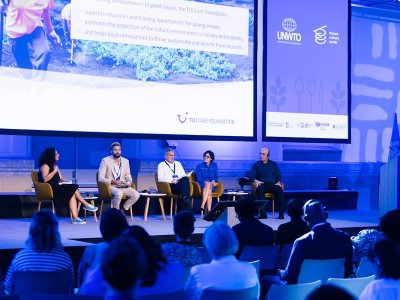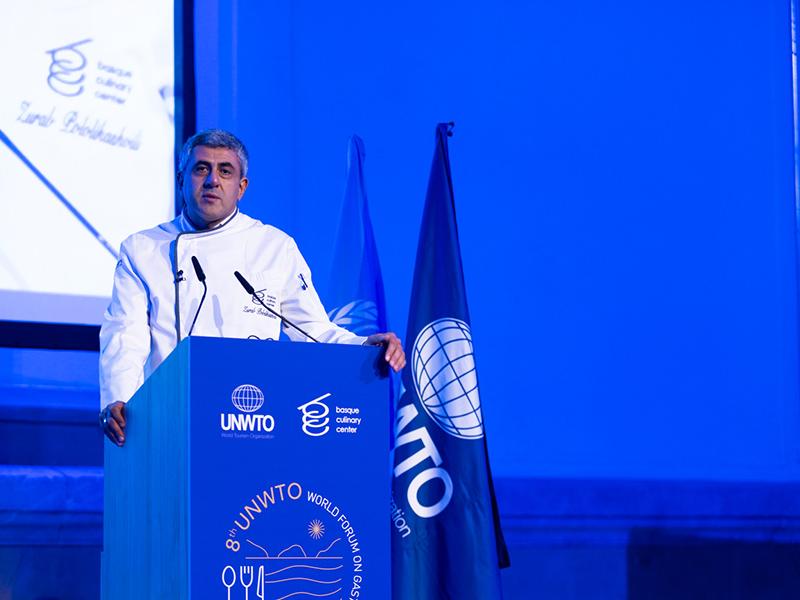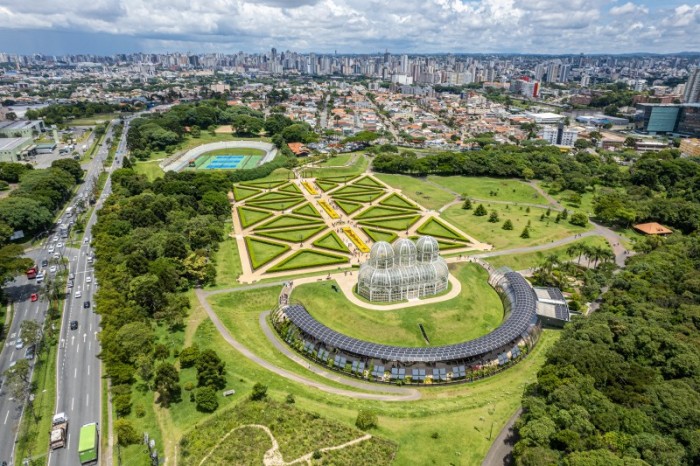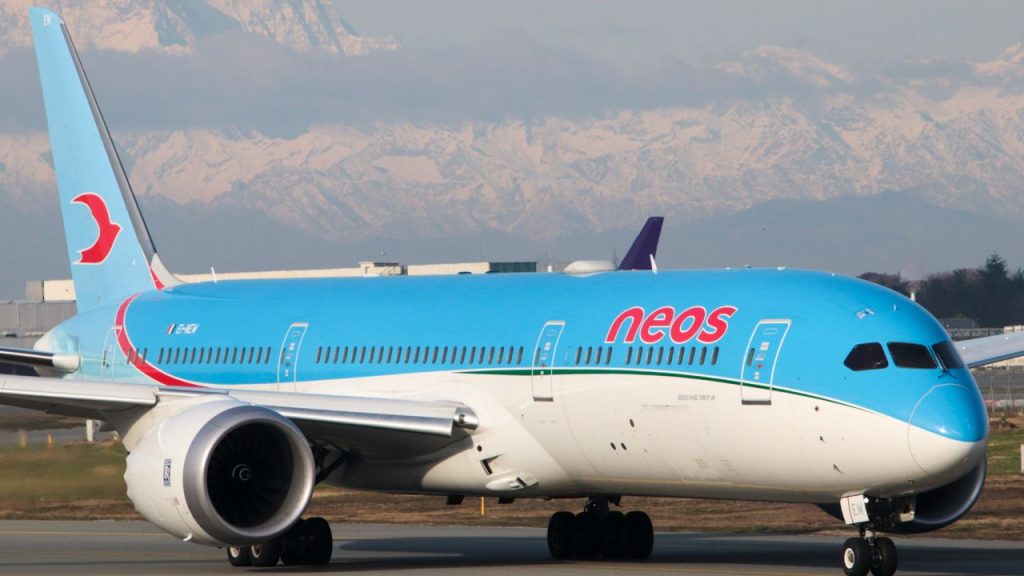The World Tourism Organisation (UNWTO) recently highlighted the growing importance of gastronomic tourism in promoting responsible agricultural practices, protecting biodiversity and reducing the environmental footprint.
As part of the 8th edition of its World Forum on Gastronomic Tourism, organised in collaboration with the Basque Culinary Center (BCC) from 5 to 7 October in San Sebastian, Spain, the UNWTO highlighted the close links between local produce, gastronomy and tourism.
Zurab Pololikashvili, Secretary-General of the UNWTO, emphasised that gastronomic tourism offers new opportunities for communities, enabling them to preserve their heritage and traditions while stimulating the growth and diversification of destinations. In addition, Joxe Mari Aizega, Managing Director of the Basque Culinary Center, stressed the importance of technology as a growth driver and the need to maintain the authenticity and diversity of the gastronomic offer.
The Forum also highlighted the role of gastronomic tourism in preserving local territories and promoting sustainable practices. Expert discussions addressed issues such as the protection of culinary traditions, the value of geographical indications and the promotion of sustainability in rural areas.
Chefs Fatmata Binta, Martín Berasategi and Pedro Subijana were appointed UNWTO Ambassadors for Responsible Tourism, underlining the importance of gastronomy in sustainable tourism.

Another highlight of the Forum was the Gastronomic Tourism Start-up Competition, where innovative companies presented solutions to promote exceptional culinary experiences while addressing issues such as reducing food waste in tourism, with the publication of a global roadmap on this issue.
Finally, the UNWTO announced that the 2024 World Forum on Gastronomic Tourism will be held for the first time in the Middle East, in Manama, Bahrain.
Latin America, with its diverse culinary traditions, has become a must-see destination for food lovers the world over. With a new generation of chefs skilfully combining modern and traditional techniques, many restaurants regularly feature in lists of the world’s best.
Travellers in search of authentic experiences can also explore local gastronomies in rural areas, discovering traditional cooking techniques and helping to harvest the endemic ingredients that contribute to the tremendous richness and worldwide renown of Latin American cuisine.







